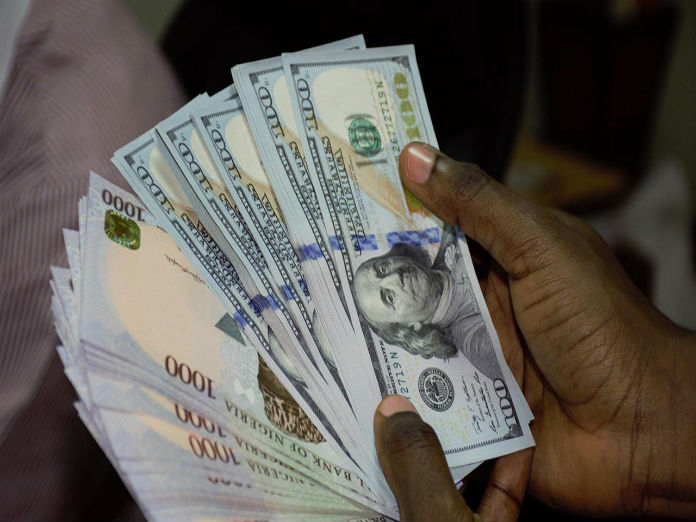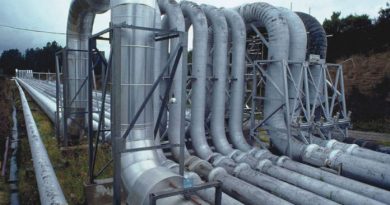Nigeria Non-oil sector grows Q3 GDP by 1.81%
The non-oil sector of the economy continued its growth pattern in the third quarter (Q3) of this year, moving from 2.05 per cent recorded in Q2 to 2.32 per cent.
According to the Q3 gross domestic product (GDP) report released by the National Bureau of Statistics (NBS), theGDP moved to 1.81 per cent from 1.50 per cent in the second quarter.
The report read: “The nation’s Gross Domestic Product (GDP) grew by 1.81 per cent (year-on-year) in real terms in the third quarter of 2018. Compared to the third quarter of 2017 which recorded a growth of 1.17 per cent, there is an increase of 0.64 per cent points.
“The second quarter of 2018 had a growth rate of 1.50 per cent showing a rise of 0.31 per cent points. Quarter on quarter, real GDP growth was 9.05 per cent.
“In the quarter under review, aggregate GDP stood at N33,368,049.14 million in nominal terms. This performance is higher when compared to the third quarter of 2017 which recorded a GDP aggregate of N29,377,674.03 million thus, presenting a positive year on year nominal growth rate of 13.58 per cent.
“This growth rate is higher relative to growth recorded in the third quarter of 2017 by 2.88 per cent points and higher than the proceeding quarter by 0.01 per cent points with growth rates of 10.70 per cent and 13.57 per cent respectively.”
Commenting on the figures, FXTM research analyst, Lukman Otunuga, said the growth recorded in the non-oil sector is an indication that the country was on course in its quest to break away from oil reliance.
He said: “With the non-oil sector growing by 2.32 per cent in real terms during Q3, Nigeria continues to showcase to the global arena that it remains on a quest to break away from oil reliance.
“With economic growth expected to gain momentum next year on the back of increasing government spending ahead of the presidential elections, Nigeria’s outlook remains encouraging. OPEC’s (Organisation of Petroleum Exporting Countries) deal to cut oil production by 1.2 million barrels a day is seen offering near-term support to oil – a scenario that will most likely support Nigeria’s government revenues and the naira exchange.”
In October, the World Bank reduced its growth projection for Nigeria to 1.9 per cent from 2.1 per cent saying that the clash between farmers and herdsmen will affect economic recovery.
“In Nigeria, declining oil production and contraction in the agriculture sector partially offset a rebound in the services sector and dampened non-oil growth, all of which affected economic recovery,” the Bretton Wood institution said.




